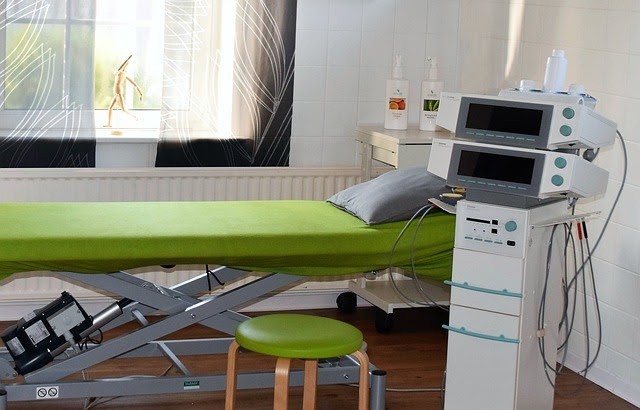How Physiotherapy Helps Coronavirus Patients Recover

COVID-19 is an unprecedented global crisis that has turned daily life upside down. Dealing with lockdowns is scary enough, but the thought of contracting coronavirus is frightening to many people. The good news is that the rate of recovery is high with proper care.
When thinking of physiotherapists, we often associate them with sports injuries. It turns out they've been effectively helping patients recover from the virus. We explore the challenges in battling the illness and how therapists are contributing to the healing process.
Cardiorespiratory Physiotherapy
This type of therapy helps people to improve their breathing. Increased oxygen intake is crucial for those who need critical care. The treatment includes various techniques. Individuals can learn different breathing exercises and movements.
They will also receive advice for the correction of posture. It helps to optimize lung function and oxygen management. This form of therapy can be vital for recovering coronavirus patients.
Experts in physiotherapy explain that the treatment involves a whole-body approach. It often includes exercise and manual therapy. Together with various other techniques, it stimulates the body to self-repair and improves strength.
Physical Therapy
Physiotherapists can assist with simple exercises and movement techniques. The various actions help sufferers with breathing and mobility. They help patients reach the edge of the bed and to sit up. With gentle prompting, they encourage them to stand up from a seated position.
Many patients may experience dizziness, so everything is done slowly. Simple actions force people to breathe harder, which strengthens the respiratory system. The rehabilitation consultant monitors their exercise tolerance and provides individualized strengthening techniques.
This approach aims to help people regain their strength back, lost during their ICU stay. It improves the body's endurance for learning to dress, move, and prepare food. One of the main symptoms of the virus is a dry cough. In severe cases, a therapist will gently clap the chest to ease the lungs' congestion.
Home Care After ICU
After leaving the hospital, many patients still need therapy to get back to full strength. One of the most significant issues for corona sufferers is weakness and fatigue. Patients go home with a treatment plan to help them recover. How long it will take them depends on their condition.
Forty percent of people that leave the hospital have fatigue and weakness. Hence the amount of therapy will be decided according to what the person can handle. Long term challenges include chronic cough or having trouble breathing. These symptoms may further impede the healing process.
Some patients have also had long term mental issues that result in confusion and anxiety. All the underlying side effects need to be considered when a therapist is working on a patient.
As treatment progresses, each step needs to be evaluated for tolerance. Only once the individual is ready will further therapy be done. Family support is essential as many people aren't able to care for themselves when they get home.
This can be a challenge as loved ones don't want to get infected. They also don't want to reinfect the afflicted person. However, there's no medical proof that coronavirus patients can get reinfected. Nevertheless, the person's immune system has been compromised, so it's better to be cautious.
Final Thoughts
The Coronavirus pandemic has made the world re-evaluate its medical capabilities and limitations. Doctors from several disciplines need to work together to offer a healing solution. Physiotherapy is one part of this crucial treatment.
It provides techniques that assist patients in improving their lung capacity and oxygen intake. They also work to strengthen a person's muscles so they can return to their healthy daily lives. With proper support and treatment from various doctors, individuals stand a better chance for recovery.
Subscribe to Latin Post!
Sign up for our free newsletter for the Latest coverage!

















